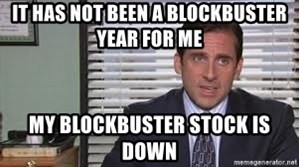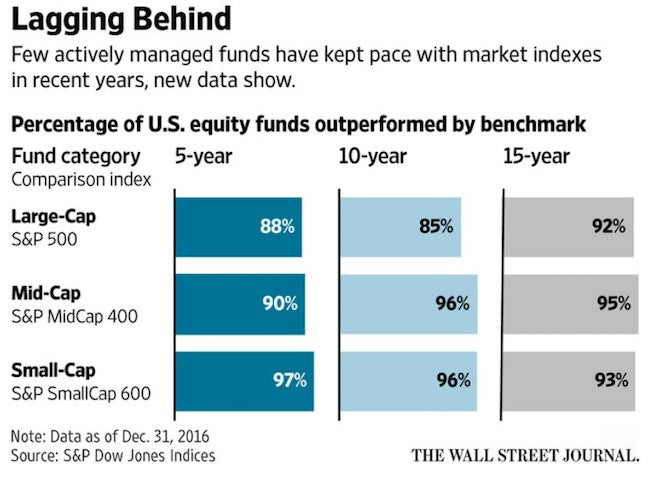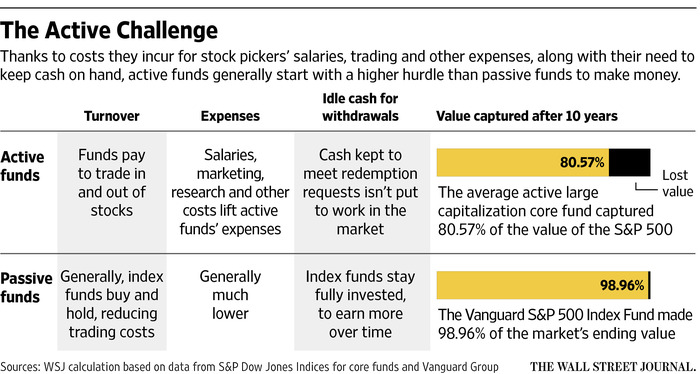Shares of
Chipotle have plunged so far that technician Rich Ross of Evercore ISI says the stock is in "grave danger."
As of Thursday, the stock was down 63 percent from its all-time high, which it hit back on Aug. 5, 2015. But even now, says Ross, a long-term chart of Chipotle is signaling that even tougher times are ahead.
According to Ross, while the stock originally crossed its 50-week and 200-week moving average lines back in 2009, signaling the beginning of Chipotle's meteoric rise to over $700, the stock has actually crossed below both of those technical indicators this year. That, says the technician, is a bearish sign for the stock.
"I think the stock goes to $235 in the short-term, and there is potential downside into the low $100s," he said Wednesday on CNBC's
"Power Lunch." A move to the low $100 level in Chipotle would represent a more than 150 percent decline from current levels.
"That's sort of the definition of grave danger, and I would be a seller of the stock," Ross said.
This stock has tanked 63 percent from its all-time high, and it’s in ‘grave danger’: Technician






